NEWS
2019
Defenders of the Forest INDONESIA
The Equator Initiative brings together the United Nations, governments, civil society, businesses and grassroots organizations to recognize and advance local sustainable development solutions for people, nature and resilient communities.
The 10th Equator Prize Award Ceremony honoured 22 local and indigenous communities from across the world in a gala event in New York, coinciding with the UN Secretary-General’s Climate Action Summit and the 74th Session of the UN General Assembly. 1,500 leading thinkers, policymakers, and business and civil society leaders from around the globe gathered in the sold-out town hall theater in New York, hosted by the Equator Initiative partnership, to recognize and celebrate the extraordinary initiatives created by 22 indigenous peoples and local communities from 16 countries. 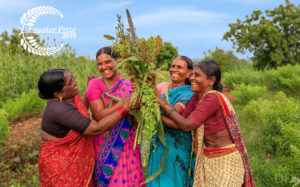
Synopsis of the Project and Background Information of the Story
Our film project documents the stories of 3 indigenous groups of people, living in 3 diverse communities across 3 distinctive regions of Kalimantan on the Indonesian island of Borneo.
What makes these people so special and their stories so important is that they are all recipients of the Equator Prize. The Equator Prize is awarded to a small number of deserving recipients each year, by the Equator Initiative. The Equator Initiative is globally recognized and an internationally supported organization with the mission of encouraging the conservation of vulnerable ecosystems by helping local indigenous people build sustainable programs at a grass roots level through working together.
The programs they have developed result in nature-based solutions for sustainable development in marine, forest, grassland, dryland and wetland ecosystems.
.
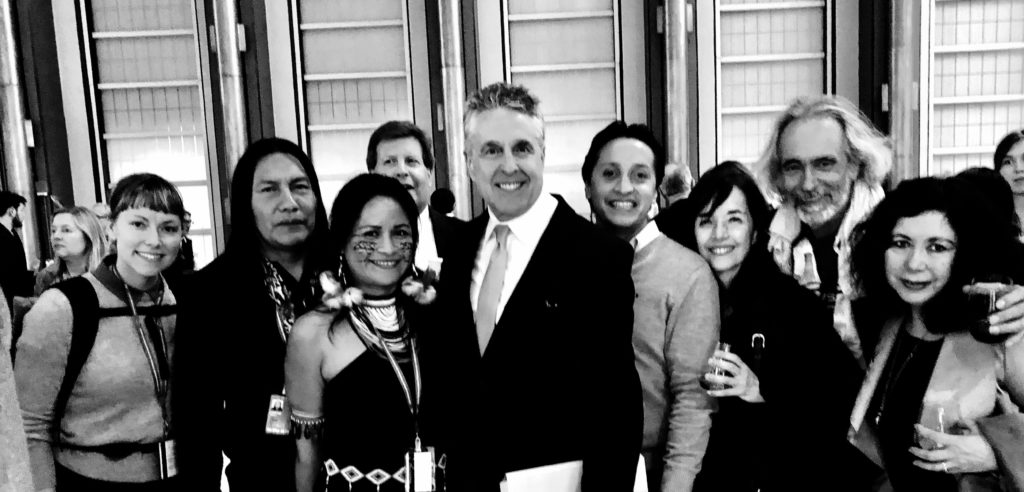
Papua, New Guinea
in development
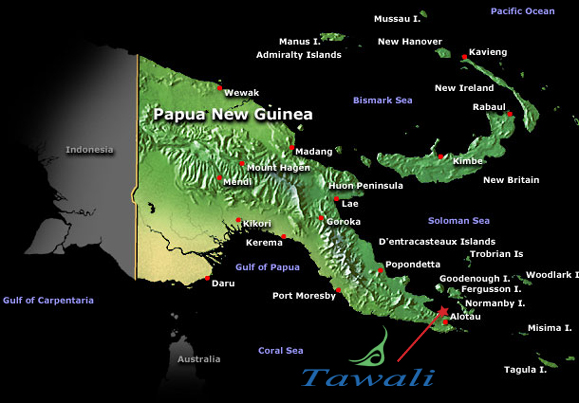
One of the least explored and most interesting melting pots of natural diversity on Earth, Papua New Guinea supports some of the strangest and most beautiful of life forms.
Papua, New Guinea is home to immense cultural diversity. The islands have only seven million people yet over 850 different languages are still spoken there. A rapid population growth combined with the aggressive appetite of the logging and agribusiness industries has seen intact forests reduced dramatically throughout the whole of South East Asia.
In a remote corner of what used to be called Netherlands New Guinea, then West New Guinea, and is now known as Irian Jaya under the Indonesian government, some American missionaries have built a museum for local people. These people, the Asmat, are former headhunters and cannibals who made carvings for elaborate and continuous rituals and feasts that were armed to placate ancestral spirits.
(Sources: Greenpeace. Culture Survival. Morristown Museum.)
(Treatment in progress)
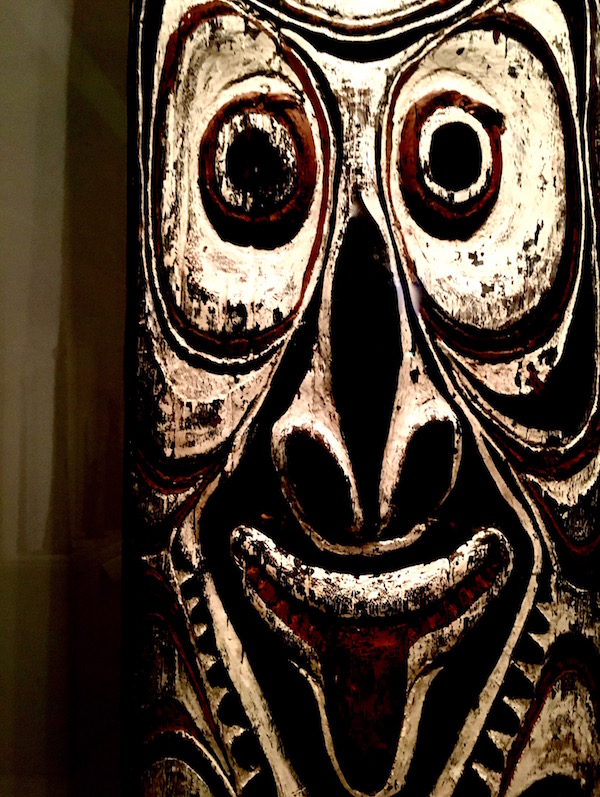
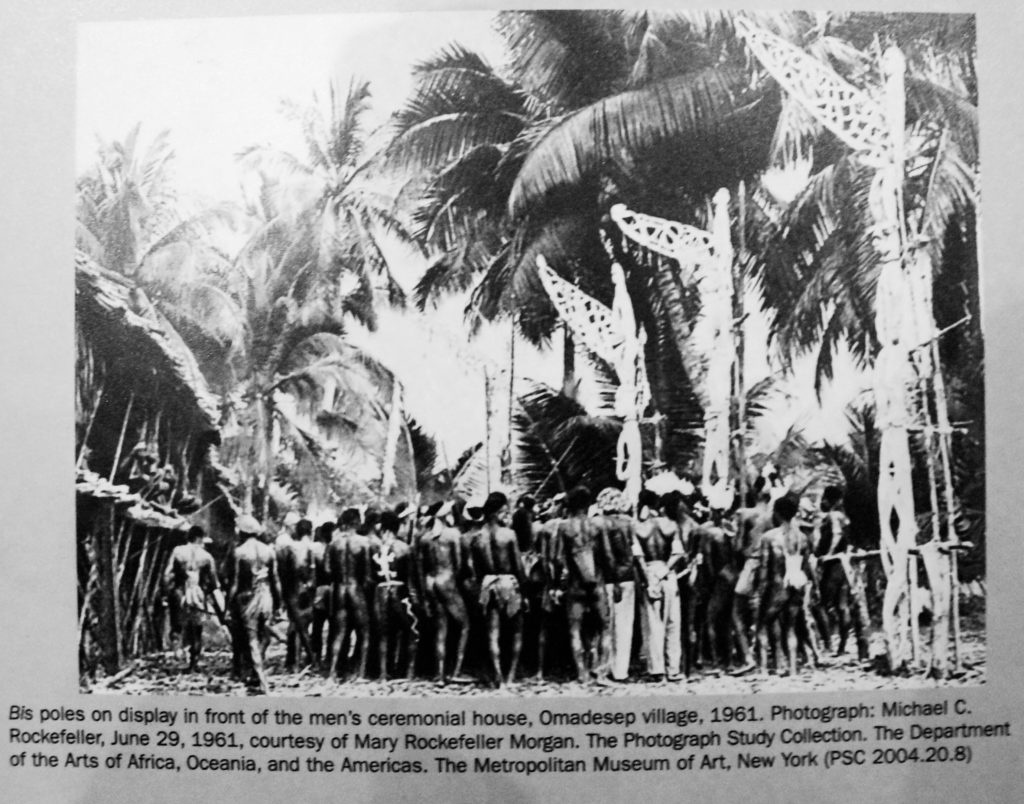
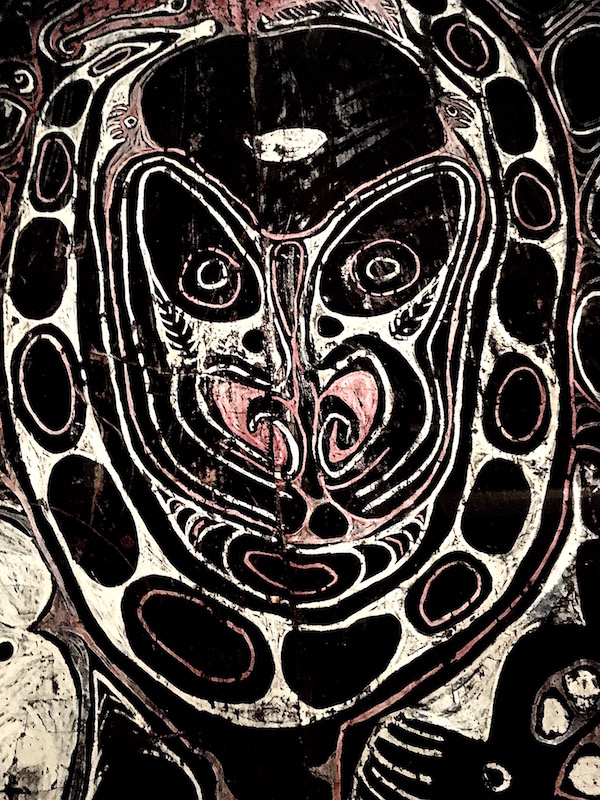

The Wayanad Forest, Kerala, India
The forest of Wayanad. "the forbidden forest"
In 2019. in production Theyyam rituals I discovered the forest of Wayanad.
The Wayanad Wildlife Sanctuary is an animal sanctuary in Wayanad, Kerala, India.
Wayanad Wildlife Sanctuary is the second largest wildlife sanctuary in Kerala. It is bestowed with lush green forests and rich wildlife.
It has an extent of 344.44 km2 with four ranges namely Sulthan Bathery, Muthanga, Kurichiat and Tholpetty.
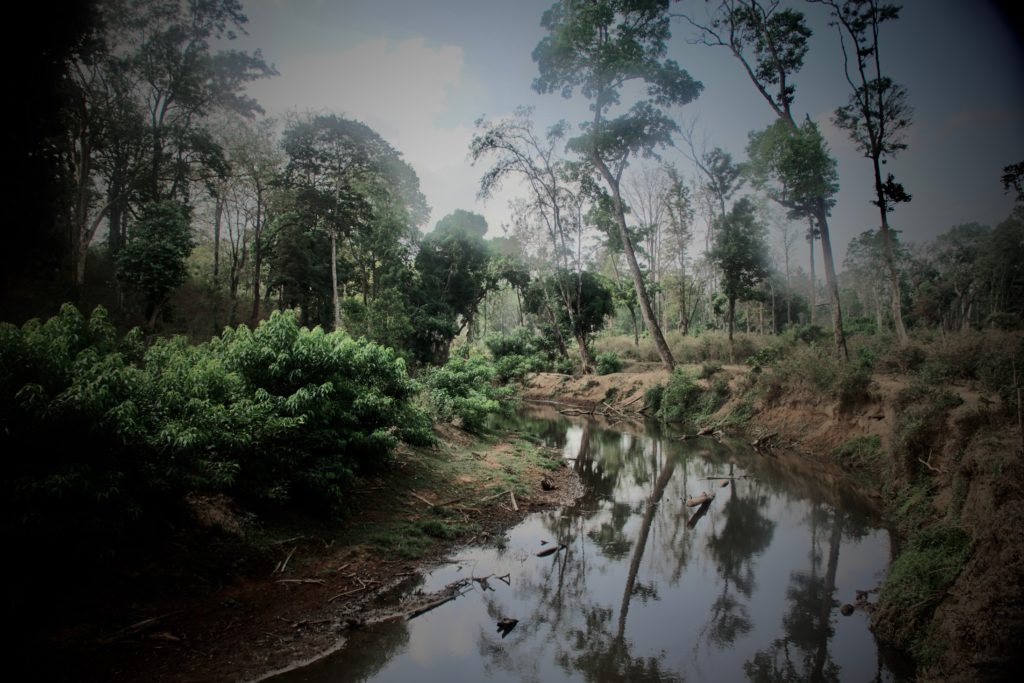
A variety of large wild animals such as Indian bison, wild elephants, deers, and tiger are found there.
There are also quite a few unusual birds in the sanctuary. In particular, peafowl tend to be very common in the area.
Wayanad district has the largest population of Adivasi in Kerala. Scheduled tribes here include Paniyas, Kurumas, Adiyans, Kurichiyas, Ooralis and Kattunaikkans.
Adivasi is the collective term for tribes of the Indian subcontinent who are considered indigenous to places within India wherein they live, either as foragers or as tribalistic sedentary communities.
The term is also used for ethnic minorities, such as Chakmas of Bangladesh, Khas of Nepal and Vedda of Sri Lanka.
However India doesn’t recognise tribes as indigenous people. India ratified the International Labour Organization (ILO) Convention 107 on Indigenous and Tribal Peoples of the United Nations (1957). In 1989, India refused to sign the ILO Convention 169.



